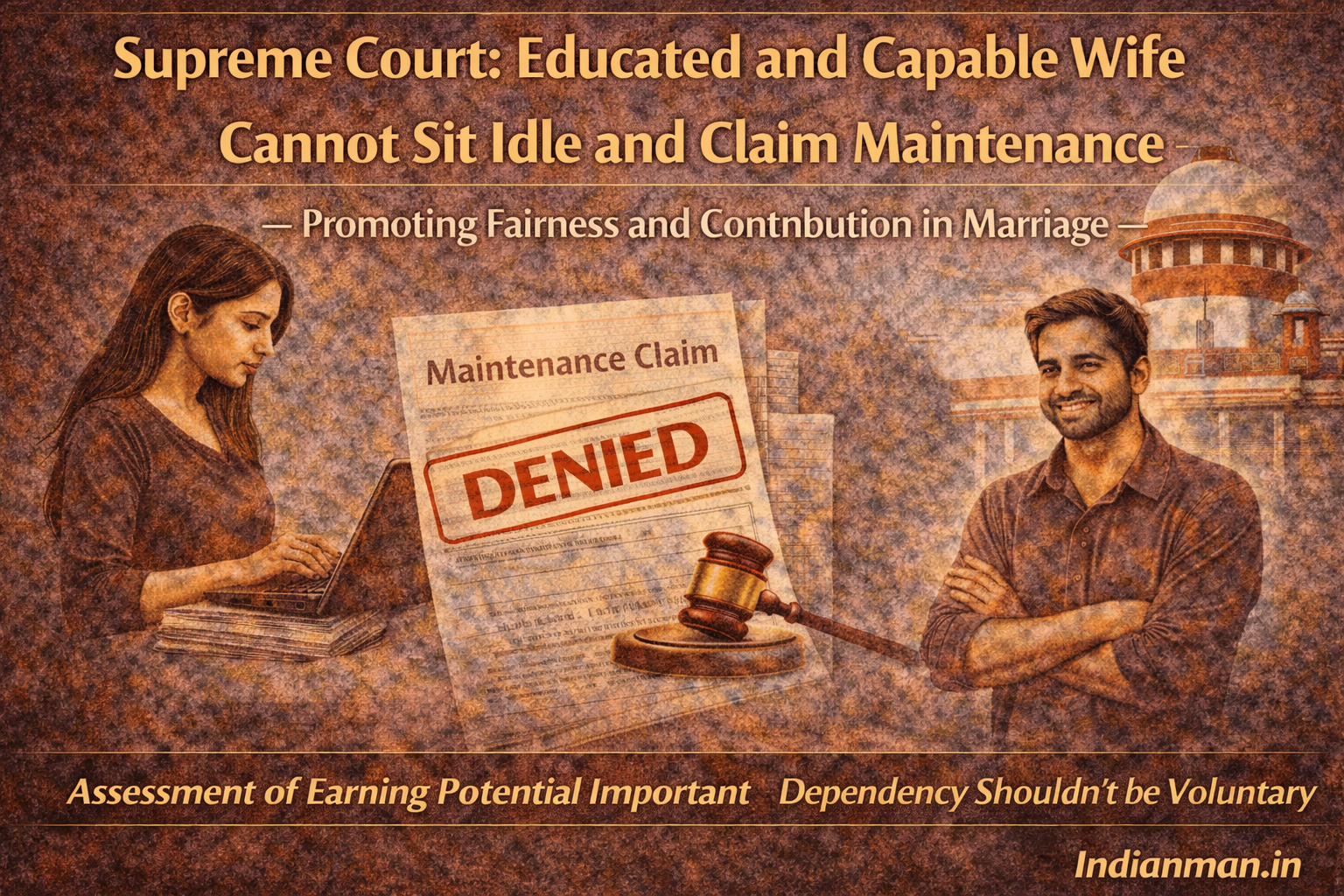The Delhi High Court has clarified that the purpose of the Domestic Violence Act (DV Act) is to protect and uplift victims rather than to send individuals to jail for failing to pay maintenance. This clarification came as the court ruled that individuals cannot be summoned under Section 31 of the DV Act for not paying maintenance ordered under Section 20 of the Act.
Justice Swarana Kanta Sharma emphasized that Section 31 is specific to breaches of “protection orders,” which are different from the “monetary” relief of maintenance under Section 20. The court highlighted that the DV Act aims to provide protection, rehabilitation, and support for victims of domestic violence, not to immediately incarcerate those who fail to pay maintenance.
“The aim of the Act is to provide protection, rehabilitation, and upliftment of victims of domestic violence, rather than to send the aggressor to prison for non-payment of maintenance. The purpose behind enforcing monetary orders is to provide financial support to the victim, not to initiate criminal proceedings against the respondent,” stated Justice Sharma.
The court also pointed out that there are specific remedies prescribed within the DV Act for dealing with the failure to pay monetary relief or maintenance. For instance, if the person ordered to pay maintenance is salaried, the relief can be recovered from their employer or debtor. In other cases, the aggrieved person should pursue remedies under the Code of Criminal Procedure (CrPC).
This ruling came as the High Court quashed a March 2019 order from an additional sessions judge, which had summoned a man under Section 31 for allegedly failing to pay interim maintenance to his estranged wife. The wife had previously filed a criminal case against the petitioner in 2016, alleging dowry harassment and causing insult and hurt. She later initiated proceedings under the DV Act, resulting in an order directing the petitioner to pay maintenance of ₹45,000 to her and ₹55,000 to their daughter.
After the petitioner failed to pay the ordered maintenance, the wife sought to initiate a criminal case based on this non-payment. The trial court then issued a summons under Section 31, which was challenged by the petitioner in the Delhi High Court.
The petitioner argued that non-compliance with an order for interim maintenance under Section 20 of the DV Act could not lead to a summons under Section 31, as this section only pertains to breaches of protection orders. The wife countered that the summoning order was valid since the petitioner had not paid any maintenance despite clear court orders.
The High Court, however, found merit in the petitioner’s arguments. It stated that non-compliance with monetary relief orders must be addressed as per Section 20(6) of the DV Act and the relevant provisions of the CrPC. Section 31 exclusively deals with breaches of protection orders or interim protection orders, and maintenance orders do not fall within this category.
Consequently, the High Court quashed the trial court’s order summoning the petitioner under Section 31, thereby reaffirming that the DV Act’s primary aim is to support victims rather than to criminalize non-payment of maintenance.




